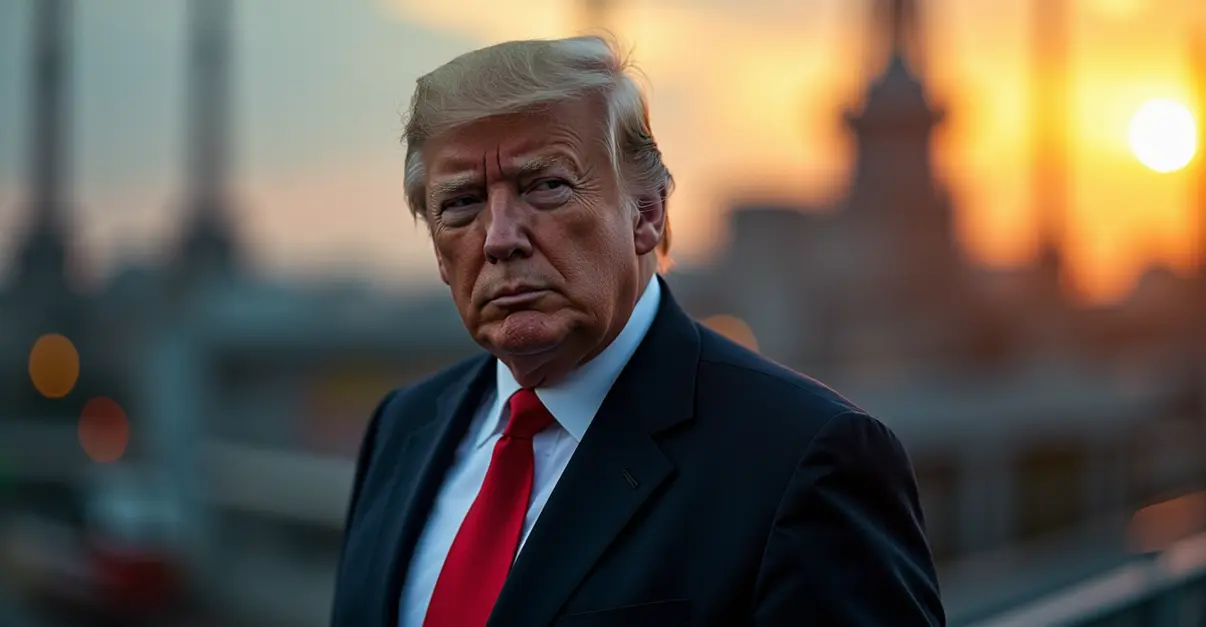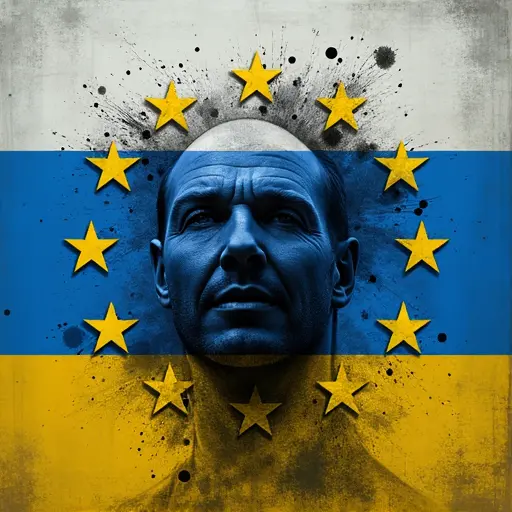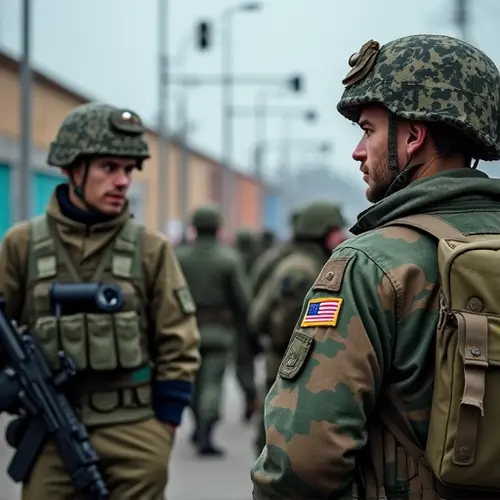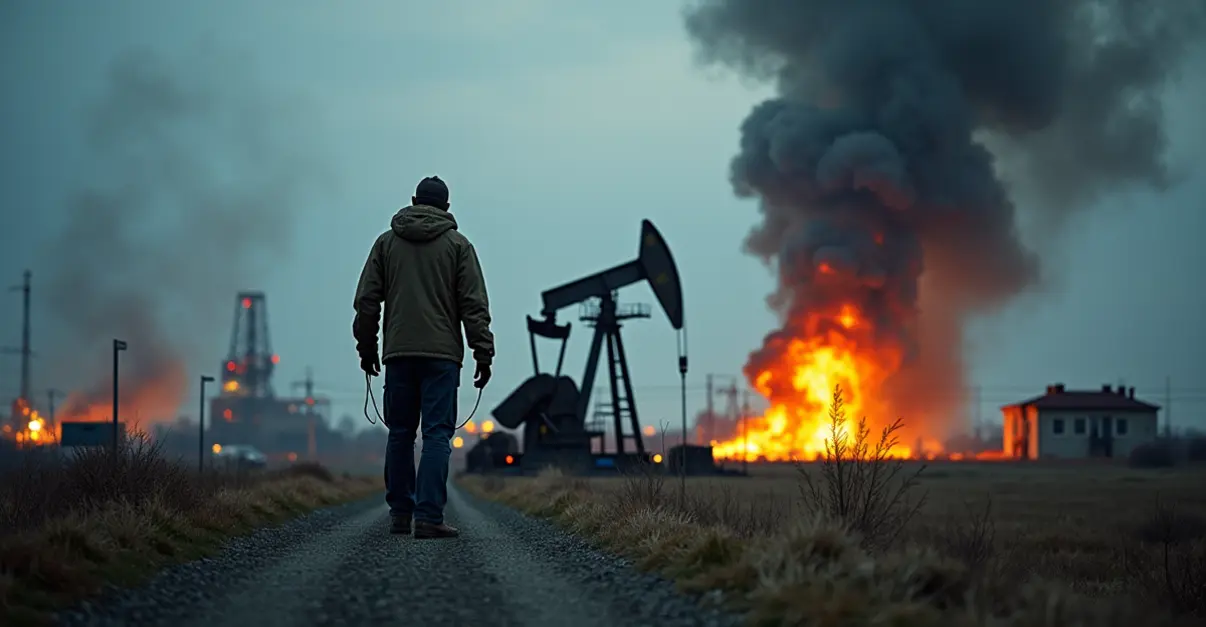EU Commission President von der Leyen pledges faster Russian oil phase-out after Trump call, with 19th sanctions package targeting energy, banks, and crypto evasion channels.

European Commission Pledges Faster Energy Decoupling from Russia
European Commission President Ursula von der Leyen has committed to accelerating the phase-out of Russian oil and gas imports following a pivotal phone conversation with US President Donald Trump. The discussion, described by von der Leyen as "a good call," focused on intensifying economic pressure on Moscow through coordinated measures.
Nineteenth Sanctions Package Imminent
The Commission will soon present its 19th sanctions package targeting Russia's energy sector, banking system, and cryptocurrency channels used to circumvent existing restrictions. "Russia's war economy, sustained by revenues from the oil industry, finances the bloodshed in Ukraine," von der Leyen stated emphatically in her Twitter announcement.
Current Timeline and Challenges
Under existing EU plans, Russian oil imports were scheduled to cease completely by end-2027. However, pressure from Washington and ongoing conflict developments have prompted reconsideration of this timeline. Despite significant reductions since the 2022 invasion, EU data shows 13 million tons of Russian crude oil and 52 billion cubic meters of gas still reached European markets in 2024.
Transatlantic Coordination
The move follows Trump's recent demands that NATO allies cease purchasing Russian oil entirely. US Treasury Secretary Bessent previously indicated Washington's willingness to impose tariffs on countries importing Russian oil, contingent on European cooperation. EU envoy David O'Sullivan traveled to Washington earlier this month to coordinate new sanctions approaches.
Resistance Within EU
Hungary and Slovakia remain the primary obstacles to complete energy decoupling, maintaining close ties with Moscow and significant dependence on Russian oil. The previous sanctions package, adopted in July after Slovak resistance, targeted Russian banks and Chinese financial institutions assisting sanctions evasion.
The accelerated timeline represents a significant shift in European energy security strategy, balancing economic pressures with geopolitical necessities in the ongoing conflict.

 Nederlands
Nederlands English
English Français
Français Deutsch
Deutsch Español
Español Português
Português







